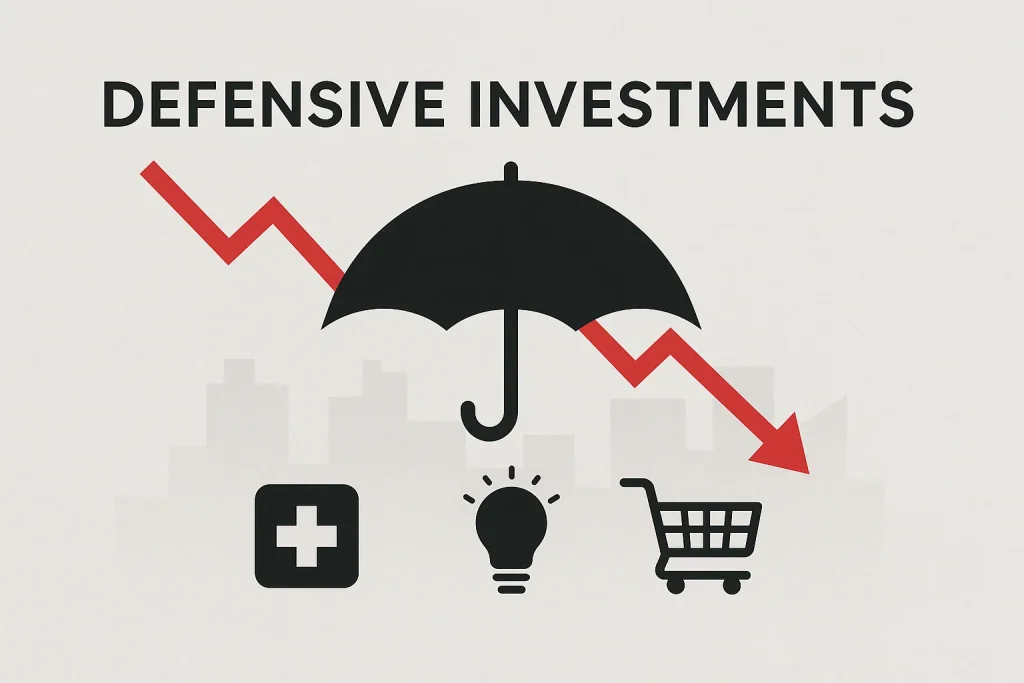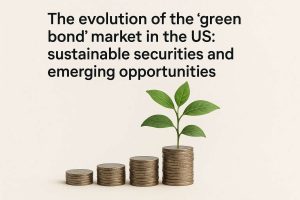Investments during times of economic instability can be a challenging endeavor. When economies face downturns, it’s crucial to focus on sectors that demonstrate resilience against recessions. By strategically placing funds in areas that historically withstand economic pressures, investors can mitigate potential losses. Understanding which industries tend to perform well during tough economic times can be an invaluable asset when making investment decisions.
Anúncios
Economic instability creates uncertainty, making it essential for investors to seek out stable and reliable sectors. By recognizing the industries that have historically thrived during recessions, individuals can safeguard their portfolios and potentially capitalize on opportunities even when the broader market struggles.
Sectors that demonstrate resilience during economic downturns

Several sectors have shown their ability to withstand economic fluctuations over the years. Typically, industries related to consumer staples, healthcare, and utilities exhibit stability during recessions. These sectors provide essential goods and services that people need regardless of economic conditions, ensuring continuous demand.
Additionally, defensive stocks, which often belong to these sectors, are known for their ability to deliver steady returns, even in volatile markets. By focusing on these areas, investors can create a more balanced portfolio that’s better equipped to handle economic uncertainty.
The role of consumer staples and healthcare in stability
Consumer staples, including household goods and food items, tend to perform well during recessions because consumers still require these basic necessities. Similarly, the healthcare industry remains robust because medical needs do not diminish with economic downturns.
People continue to purchase medicine, pay hospital bills, and seek medical services despite financial constraints. Investments in major companies within these industries can provide a steady stream of income and reduce exposure to market volatility. As a result, these sectors are often considered safe havens during economic turbulence.
Diversification and strategy during uncertain times
Diversifying investments across various recession-resistant sectors is a prudent strategy. While consumer staples, healthcare, and utilities are reliable options, adding other non-cyclical industries such as telecommunications and government bonds helps spread risk. This approach prevents over-reliance on a single sector and enhances portfolio security.
Implementing a diversified investment strategy ensures that even if one sector faces temporary setbacks, others may continue to perform well. This balance helps offset potential downturns and maintains portfolio health in unpredictable economic environments.
Practical steps for investors seeking stability
Investors should start by analyzing their current portfolio to identify any gaps in sector coverage. Investigating company performance during past recessions can provide valuable insights into potential future resilience. Once these robust sectors are identified, strategically allocate a portion of funds to include them.
Additionally, working with a financial advisor can offer tailored advice on accessible investment options within these stable sectors. Researching exchange-traded funds (ETFs) that focus on consumer staples, healthcare, and utilities can also be a viable option to ensure comprehensive coverage within these recession-resistant industries.
Conclusion: safeguarding investments in volatile markets
In conclusion, identifying and investing in sectors that remain resilient during economic downturns can protect and strengthen portfolios in uncertain times. While no investment is entirely risk-free, focusing on industries that offer essential goods and services, such as consumer staples, healthcare, and utilities, can provide a layer of security.
Investors armed with knowledge, diversification strategies, and a focus on historically stable sectors can navigate economic instability more effectively. By taking these strategic steps, individuals can safeguard their investments against the unpredictable nature of economic cycles and position themselves for future financial stability.


